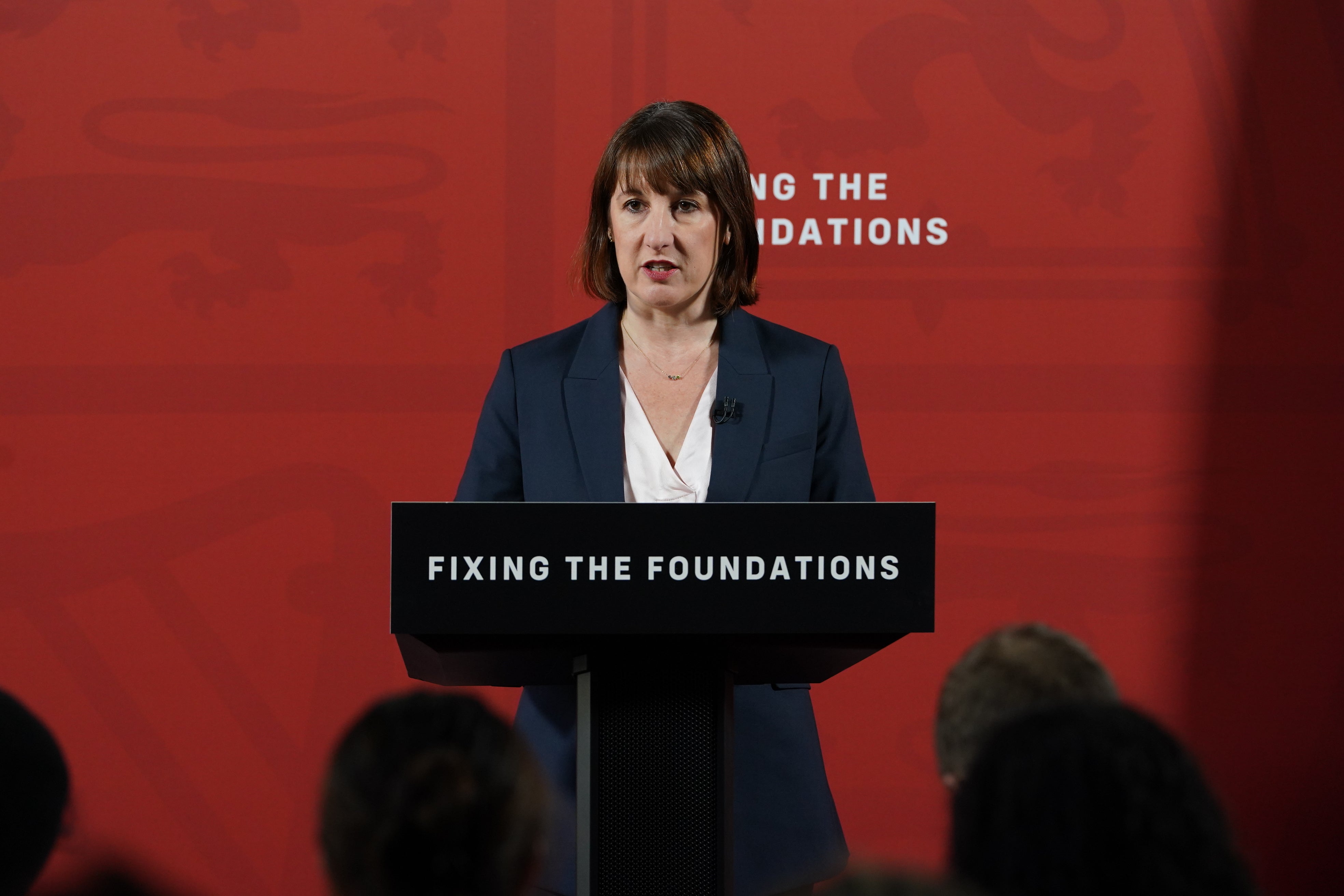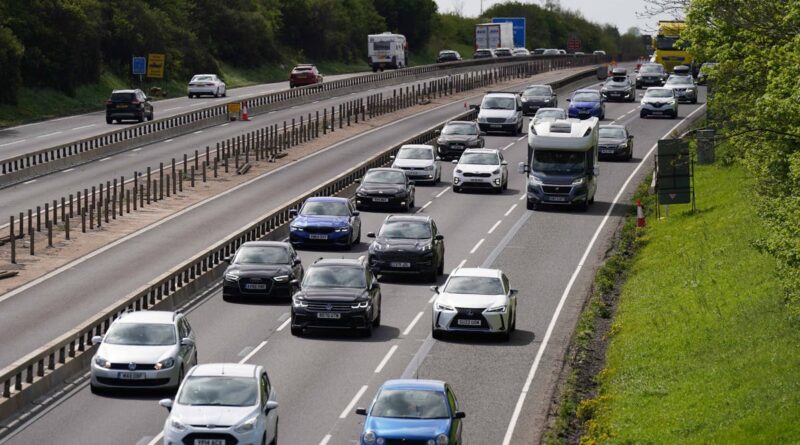Calls to introduce a ‘pay-per-mile’ scheme for UK drivers
Support truly
independent journalism
Our mission is to deliver unbiased, fact-based reporting that holds power to account and exposes the truth.
Whether $5 or $50, every contribution counts.
Support us to deliver journalism without an agenda.
The Chancellor is being urged to impose a pay-per-mile scheme on UK drivers.
Public transport charity Campaign for Better Transport (CBT) issued the plea, claiming it would have public support.
It is proposing that drivers of zero emission vehicles (ZEVs), such as electric cars, should be charged based on how far they travel.
Under the plan, drivers with a ZEV before the implementation date would be exempt, incentivising the switch to electric motoring.
Duties levied on petrol, diesel and other fuels generate around £25 billion a year in revenue for the Treasury.
This figure is expected to dwindle as more drivers transition from traditionally-fuelled cars to ZEVs.
But successive governments have found the prospect of introducing per-mile charges – known as road pricing – to be too politically toxic.
CBT director of policy and campaigns Silviya Barrett said: “The new Chancellor faces a looming black hole. She can avoid it, in a way which is fair and which garners broad public support. But she should start now, as this issue will only get more pressing.
“It should be cheaper to drive a zero-emission vehicle than a more polluting vehicle, but it’s only fair that these drivers should pay a share, and a pay-as-you-drive model can achieve this.”

Ms Barrett wrote a letter to Ms Reeves stating that “ZEV drivers should fairly contribute towards vehicle taxation” and calling for a “simple charge” based on “regular odometer readings”.
She added: “We fully appreciate that such a change would be perceived as difficult and criticised by the opposition and by certain representative groups.
“However, our research demonstrated the general public supports such a move.”
CBT leads a forum consisting of 37 transport-related organisations, which it said would all “support a Treasury move on vehicle taxation”.
One member, motoring services company RAC, said a “replacement form of taxation needs to be introduced to avoid losing billions”.
It called for the new system to be “simple and fair to drivers of both conventional and electric vehicles”.
Another forum member, the Confederation of Passenger Transport, which represents bus and coach operators, said pay-as-you-go vehicle taxation could “help curb congestion”, making public transport “more attractive”.
Labour has committed to reverse then-prime minister Rishi Sunak’s decision in September last year to delay banning the sale of conventionally fuelled new cars from 2030 until 2035.
Ms Reeves will deliver her first budget on October 30.




